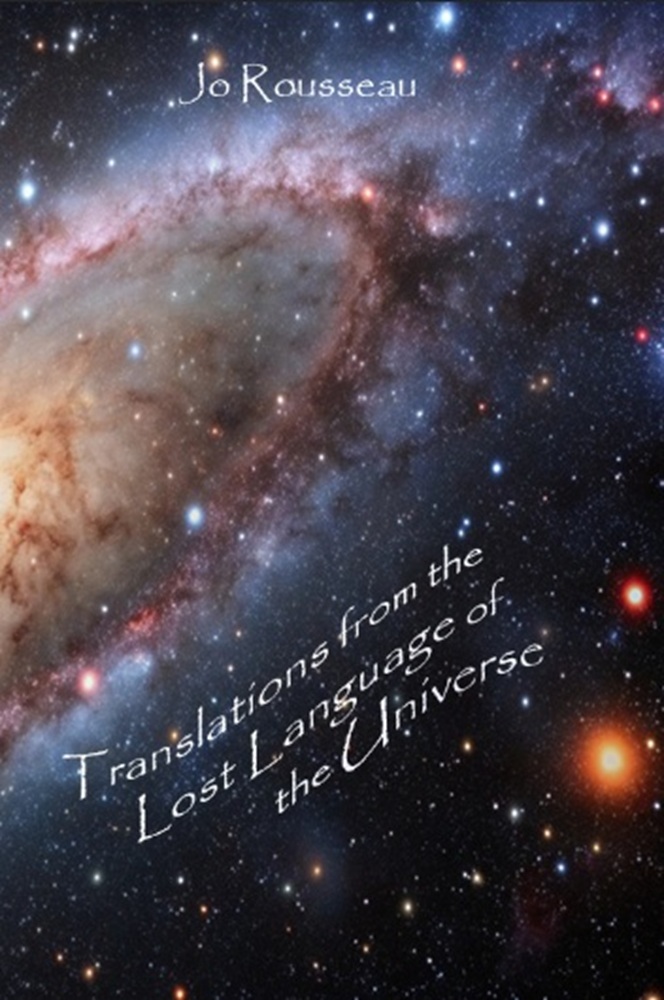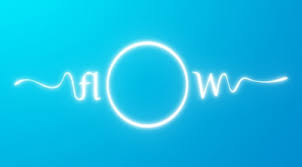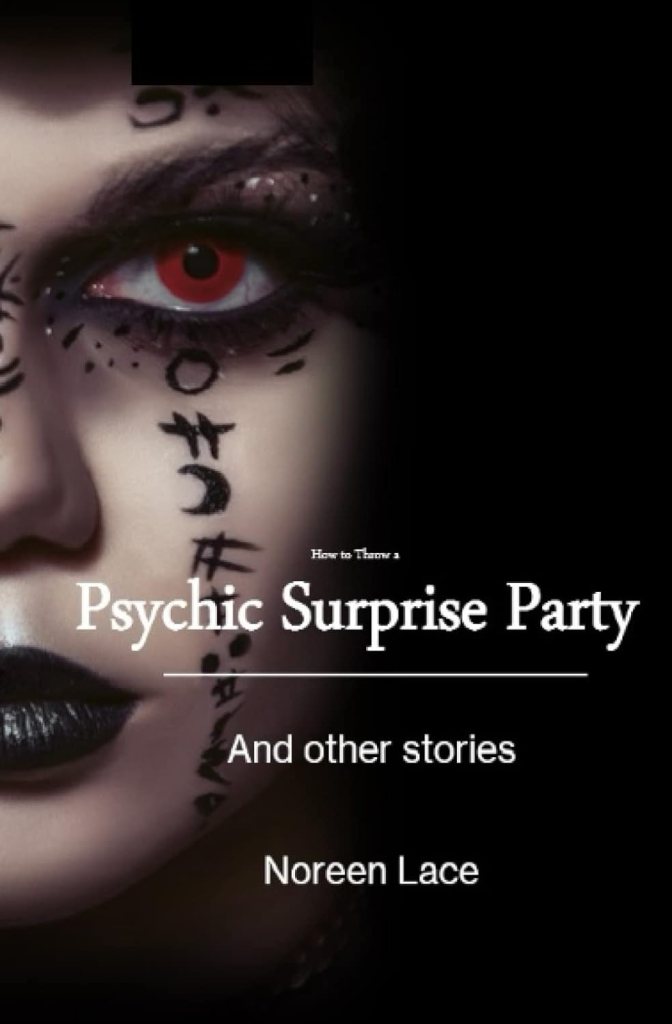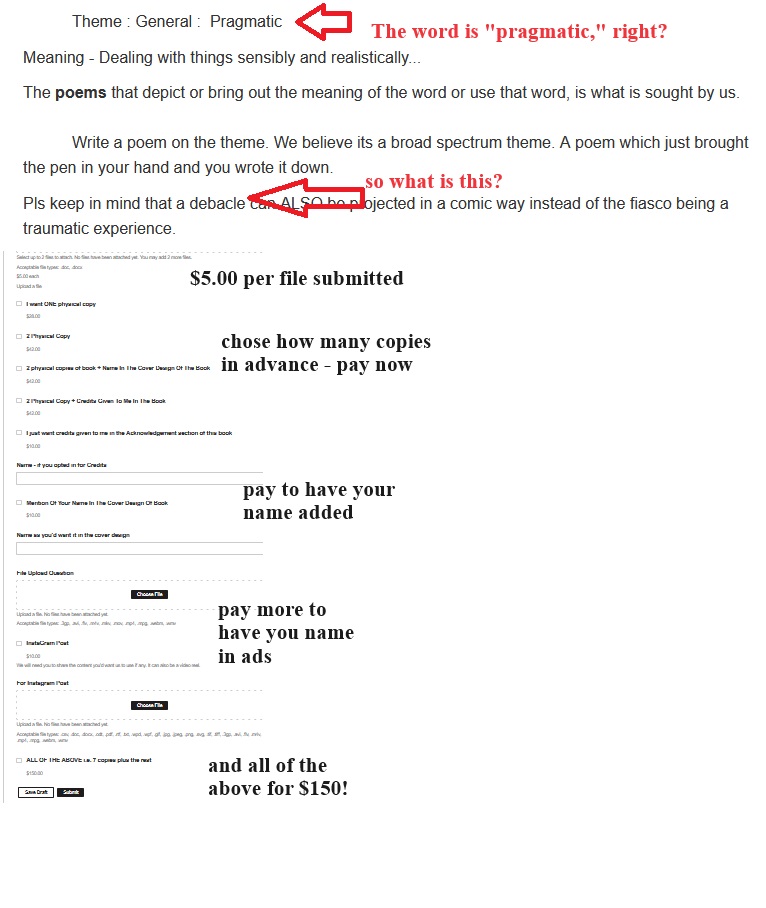As a college student, hoping to learn bits of gold from my professors, one of the comments stuck with me long after she was gone.
Dr. Sher (not her real name) was a tiny woman with a outsized presence. She commanded respect and, in some small ways, obedience.
Many a student spent breaks between classes crying in the bathroom. Very few of us lived up to her expectations. But her light of approval did shine on a few.
Dr. Sher hated the word, the idea, the concept of “Flow.” When a student new to her class and methods said the word, we all cringed and waited for the backlash to begin. She would raise her shoulders as if someone scratched the blackboard (for those of you who remember blackboards), and stand up. Yes, she would stand for this tirade.
Every time I hear the word or read the word, I cringe – only because of her.
I, personally, have nothing against the word. I like the word. More so, I like flow. I love when I’m in a state of flow. I feel happy and productive and, like, yes, this is what I am here to do. I have hit the golf stream and I am sailing.
Embrace flow. Embrace the state of Flow and try to live within it. That is what I say to my students, to anyone who will listen.
A new study reports that those in a state of flow feel “substantial happiness and satisfaction” even when the work is challenging or stressful.
The flow state, as many of us know, is when you lose track of time, hunger, the housework, or even the fact that the dogs need to be walked (don’t worry, they get walked!). And even if it is challenging – for me, working and reworking a sentence, paragraph or story – it feels good just to know I’m accomplishing something, I’m getting somewhere. And it doesn’t have to be finished or perfect, but the fact is that I’m getting there – I’m getting to the place where it needs to be or I need to be.
The problem is for many of us is getting to that state of flow – which is sometimes difficult in itself. We don’t know where to begin or we’re overwhelmed, we don’t think we can reach that flow state, or we’ve forgotten what it feels like to be there for any number of reasons.
The State of Flow doesn’t happen those by accident or by luck, it takes the effort of sitting down and starting the work, sticking with it through distractions, and pushing through the feeling of being stuck, but flow does come to those who put in the effort.
The gist of the peer reviewed Psychology Today article is that many people spend more time on easy distractions and accept the feeling of boredom instead of risk the effort of beginning an activity.
Shocking fact from, “Why We Avoid Skilled Activities…”, Gen Z spends 1/3 of the year – ONE THIRD OF THE YEAR – on the distraction of social media. If we’re all being honest, it’s not just Gen Z though.
Choose Flow, people.








You must be logged in to post a comment.